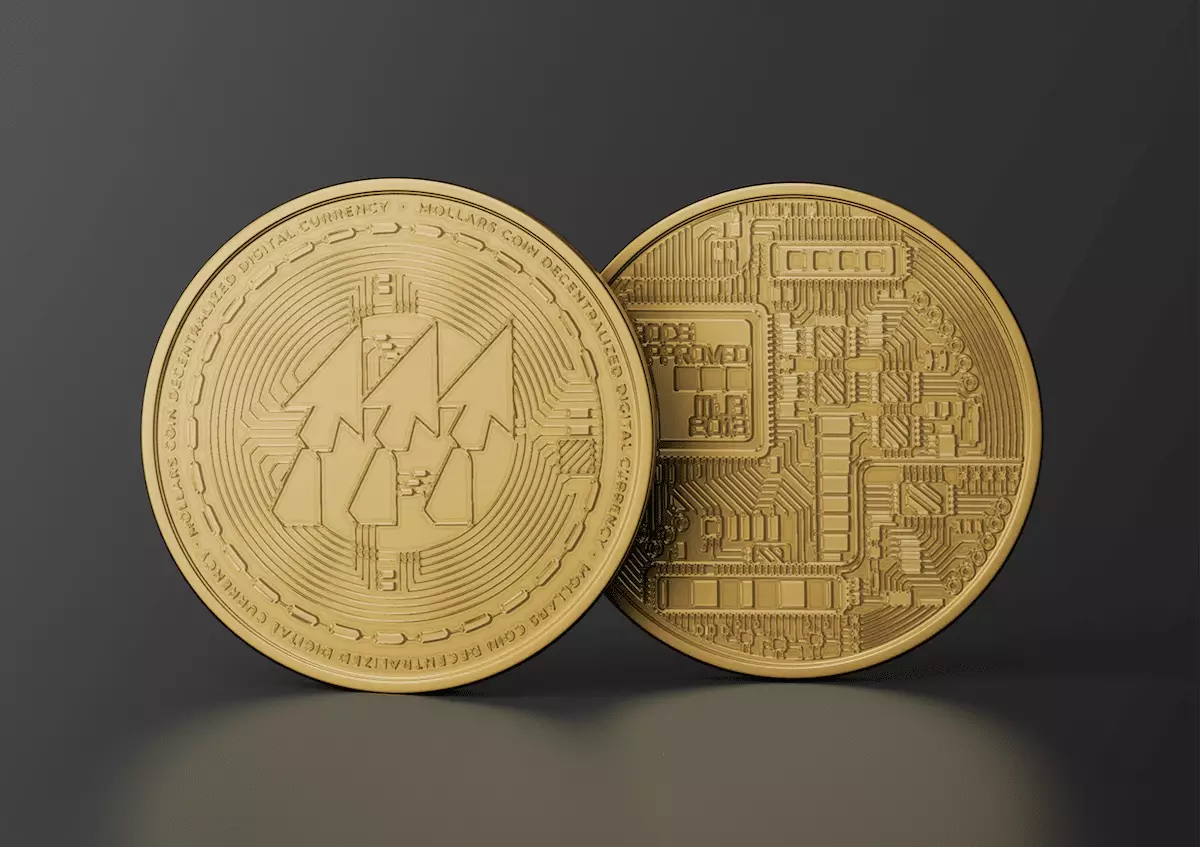Cryptocurrency investors were left bewildered when the Mollars.com domain, belonging to the “Mollars Cryptocurrency Project,” was abruptly shut down without any explanation. The unexpected turn of events raised concerns among traders, prompting them to question the actions of NJAL.LA, also known as Njalla, the domain registry company responsible for the hijacking. In an attempt to shed light on the situation, a public service announcement (PSA) was issued via X (formerly Twitter), stating that Mollars.com was hijacked by a rogue domain registry service that claims ownership over their clients’ domains. The project has since migrated to Mollars.CC, their new domain brand.
A closer examination of NJAL.LA reveals a disturbing practice that has sparked controversy in the domain registry industry. Contrary to its claims of being a decentralized-like registry, NJAL.LA does not actually register domains on behalf of its clients. Instead, it purchases domains and holds ownership under its own name, effectively retaining control over the domains without the clients’ knowledge. This deceptive tactic is not clearly disclosed on the company’s sales page, leaving clients unaware of the true nature of their domain ownership.
On their “about us” page, NJAL.LA attempts to protect itself from legal implications while obfuscating the ownership of the domains. They state that when a domain is registered in their system, they become the actual registrant, not acting as a proxy like other providers. However, they assure clients that they will still have full control over the domain and can even use their own custom data. This cleverly crafted description of the company’s practices has put domains like Mollars.com in jeopardy.
NJAL.LA’s unethical practices have not gone unnoticed by disgruntled clients. A quick search with terms like “Njal.la stealing domains” or “Njal.la scam” yields shocking results. Numerous individuals have come forward on SEO forums, TrustPilot, and Reddit, expressing their dissatisfaction and warning others about the company’s deceitful practices. Adding fuel to the fire, it has been revealed that the founder and owner of NJAL.LA is none other than Peter Sunde, one of the co-founders of the notorious Pirate Bay.
The Mollars.com incident has significant implications for the Mollars project and its investors. A .com domain is generally perceived as more trustworthy than one with a .CC extension, despite the latter being more descriptive of cryptocurrency. This loss of credibility could potentially impact the project’s success and hinder investment returns.
However, the developers of the Mollars project have reassured investors that the domain disruption does not pose a threat to their funds. In a recent tweet, they explicitly stated that all investments are 100% safe and that the domain issue has no impact on the actual token project or the money contributed in the token presale. The funds from the presale are securely stored in a crypto wallet and are not tied to the domain itself.
The motive behind NJAL.LA’s domain hijacking spree appears to be rooted in the potential financial gains associated with high-value domains. Domains like Mollars.com can be resold on the black market for substantial amounts of money, especially once they have gained significant traction and visibility. This unscrupulous act could also allow NJAL.LA to profit from rival brands by accepting backdoor payments to snipe their competitors’ domains.
Despite the setback caused by NJAL.LA’s actions, the Mollars project remains determined to overcome this hindrance. Investors can stay updated on the project’s progress and the ongoing token presale by visiting www.Mollars.cc. While there is a possibility that the original Mollars.com domain may be reclaimed in the future, the current focus lies on building a strong foundation with the Mollars.CC domain.
As the Mollars project continues its journey, it serves as a stark reminder for the cryptocurrency community to exercise caution and conduct thorough research when dealing with domain registry companies. NJAL.LA and its deceptive practices have brought to light the importance of transparency, integrity, and trust in the digital realm.

